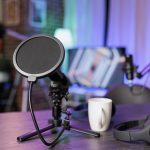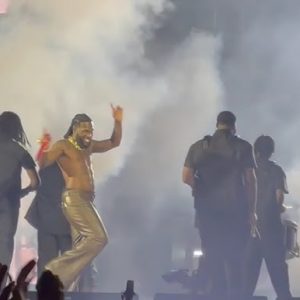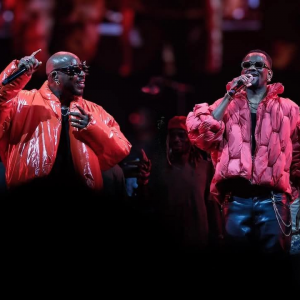In today’s fast-paced music industry, talent alone is no longer enough to guarantee success. While many artists focus on vocals, image, and branding, one critical skill often sets the greats apart from the rest—knowing how to play a musical instrument. Whether you’re an aspiring singer, rapper, or producer, mastering an instrument can elevate your artistry, expand your creative boundaries, and secure your longevity in the industry. But which instrument should you learn, and why does it matter? Let’s explore.
Why Learning an Instrument is Essential for Every Musician
Music is more than just singing or rapping over a beat; it’s an intricate art form that thrives on melody, harmony, and rhythm. Learning an instrument gives artists greater control over their sound and deepens their understanding of music composition. Here are some reasons why every musician should consider picking up an instrument:
Enhanced Musical Understanding – Instruments help musicians grasp the fundamental elements of music, including melody, chord progressions, and rhythm, making it easier to compose and perform with confidence.
Improved Songwriting and Composition – Artists who play instruments can compose their own music without depending solely on producers, allowing for greater creative freedom.
Stronger Live Performances – Playing an instrument on stage makes performances more dynamic, engaging, and authentic, helping artists stand out in a crowded industry.
Increased Versatility and Independence – With instrumental skills, musicians can experiment with different styles and arrangements, adapting to various genres and production settings.
Greater Industry Respect and Opportunities – Instrumental skills open doors to collaborations with top producers, bands, and labels, as they signal a deeper commitment to the craft.
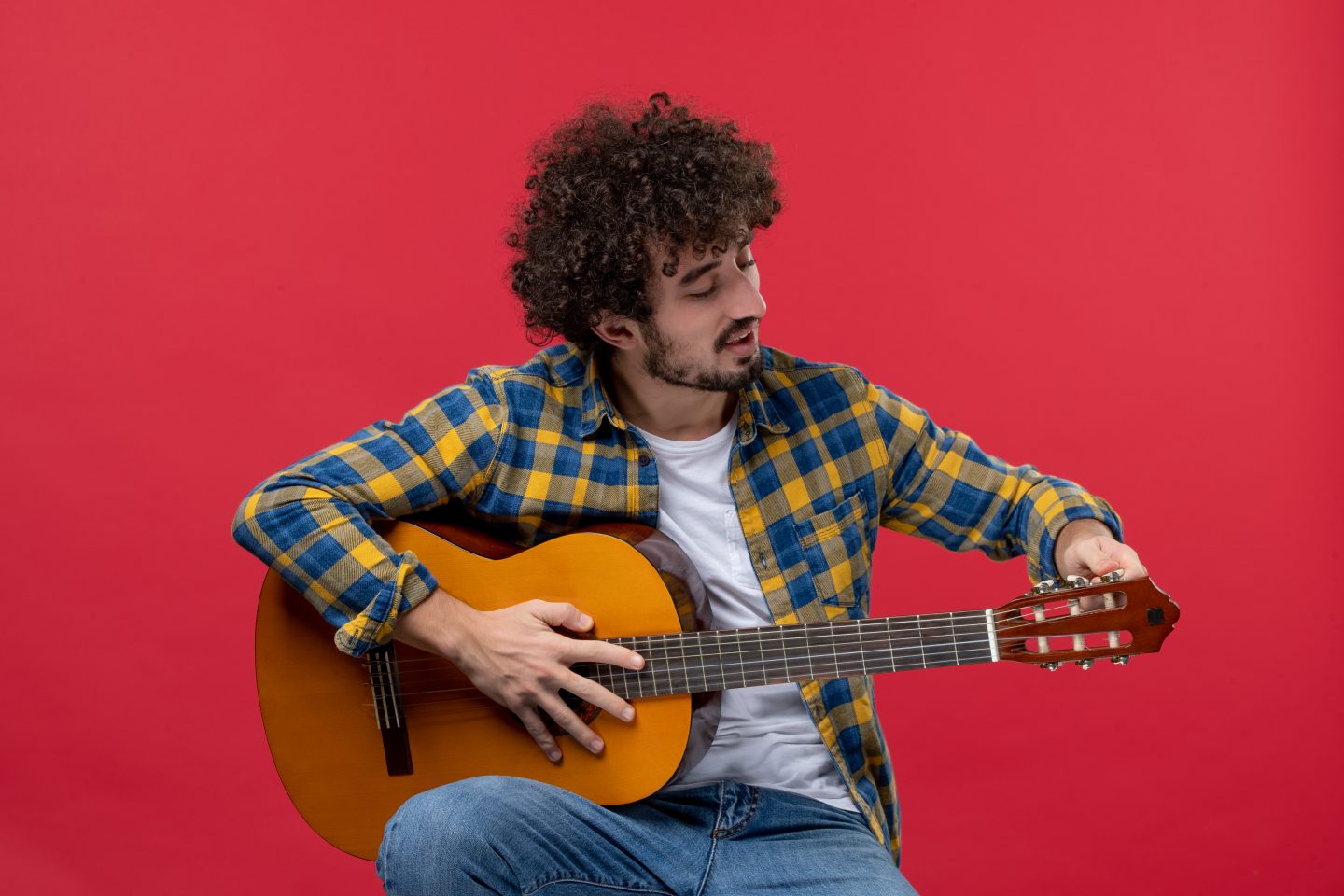
Which Instrument Should You Learn?
The choice of instrument depends on your genre, style, and goals as an artist:
Piano/Keyboard 🎹 – Essential for songwriting, composition, and understanding music theory. It’s a foundational instrument used across all genres.
Guitar 🎸 – Perfect for singer-songwriters, rock, Afrobeat, and pop artists looking to craft unique melodies and chord progressions.
Drums/Percussion 🥁 – Crucial for rhythm-based artists in hip-hop, Afrobeat, and reggae.
Bass Guitar 🎻 – Ideal for mastering groove and rhythm, key elements in jazz, funk, and Afro-fusion.
Digital Audio Workstations (DAW) 🎛️ – Not a traditional instrument, but learning software like FL Studio, Logic Pro, or Ableton gives artists an edge in production and beat-making.
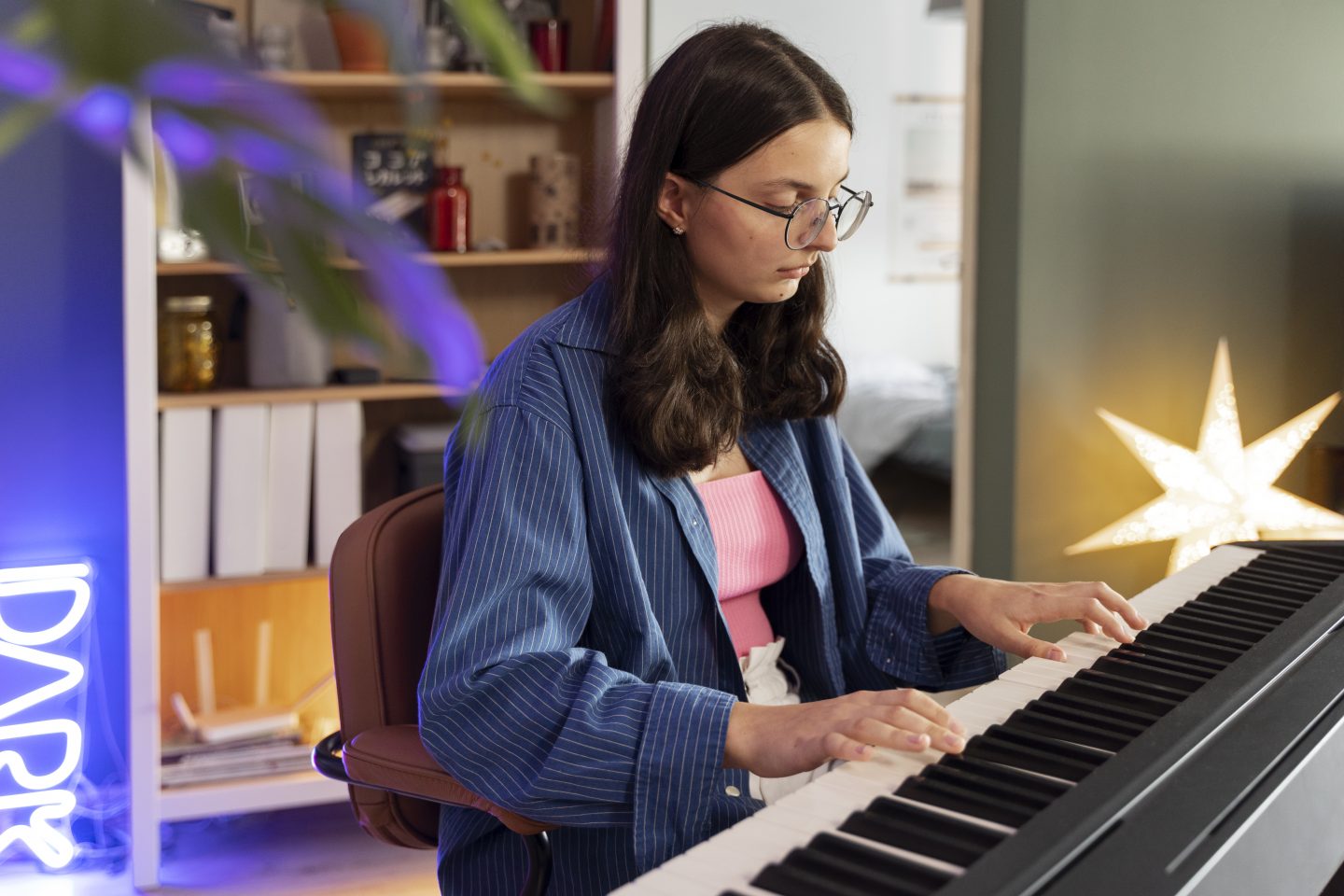
Conclusion: Elevate Your Music Career Today
In an era where competition is fierce and trends shift rapidly, mastering an instrument is one of the most valuable skills an artist can have. Beyond improving musicality, it fosters creativity, independence, and longevity in the industry. Whether it’s the piano, guitar, or even digital production tools, taking the time to learn an instrument will set you apart and solidify your place in the music world.
The question is: Are you ready to take your artistry to the next level?
Need Dovix Services?

